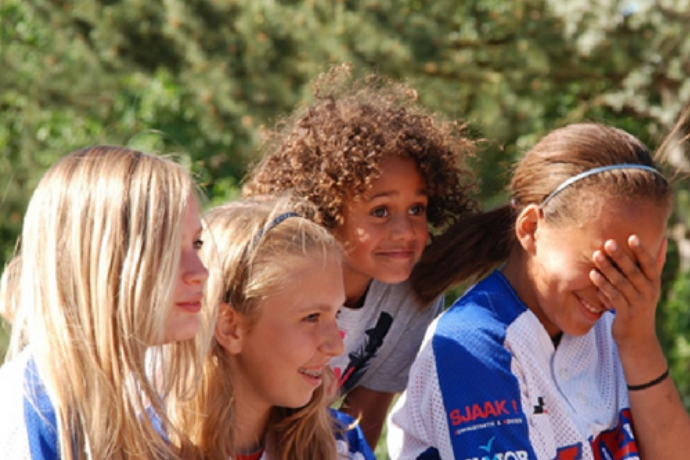
Is my child a busy bee or a social butterfly
Each and every child has his/her own mind and individual traits. As a parent if you can nurture them, the child will learn well and be happy. However, if you try to force them to become someone contrary to their natural personality, you will not only make them go against their natural instincts but also make them unhappy with themselves. It is very common in our society to make your child study something that his/her forefathers have been doing irrespective of the child’s own desires. A Chinese proverb explains this situation really well,
“Do not confine your children to your own learning, for they were born in another time.”
Today’s world is very advanced and a proactive approach towards life is necessary. Children need to be more alert, active and experimental. They need to explore the world around them in order to succeed. Education that is limited to books alone will not prepare them for the outside world. They need to have a practical understanding of things in addition to the traditional means of education. As Margaret Mead puts it in the following words:
“Children must be taught how to think, not what to think.”
In this context, you can classify your child as a busy bee or a social butterfly. Now what is exactly a busy bee and a social butterfly? A social butterfly is happy in a crowd and enjoys meeting new people while a busy bee has an intriguing mind and is always exploring things. Busy bees can be social butterflies but some of them prefer being independent learners. They are not loners but enjoy their independence.
How do you spot a social butterfly and a busy bee?
According to a study at the King’s College London and the University of Wisconsin-Madison with respect to personality traits emerging in childhood, confident children have a zealous approach towards life. Confidence is the basic trait of a social butterfly. Busy bees are normally confident kids but prefer being in their own circle of friends.
A research at the University of California-Riverside by Dr. Christopher S. Nave claimed that social butterflies cope well with change. Busy bees are also comfortable with change in fact they are always looking for something new and different as they enjoy experimenting and exploring.
Extroverts are not easily irritated. Hence a less sensitive child is a social butterfly while a busy bee might be a bit sensitive especially if he/she prefers working alone.
According to experts social butterflies gain energy from other people while a busy bee wishes to do his/her own thing in his/her own space and time.
Once you have spotted your child as a busy bee or a social butterfly, here are some suggestions to encourage him/her and enhance his/her personality:
Social Butterfly
- Make them join clubs and teams e.g. sports, dramatics etc
- They can be good public speakers
- Arrange play dates for the little ones to help them develop their interpersonal skills
Busy Bees
- One-to-one learning sessions would be suitable
- Study buddies can help them mix with other kids
- Computer games and educational apps can help them become more confident
- Make them participate in independent sports like swimming
No matter what category your child falls into, remember, help him/her and don’t force him/her to become something he/she doesn’t want to be. Give him/her time to realize his/her own individual traits and help him/her develop those unique abilities. Visit the following website to get information on how to motivate your child in order to improve your child’s behavior and self-esteem. It’s called Calmer, Easier, Happier Parenting: http://www.calmerparenting.co.uk/team.html

